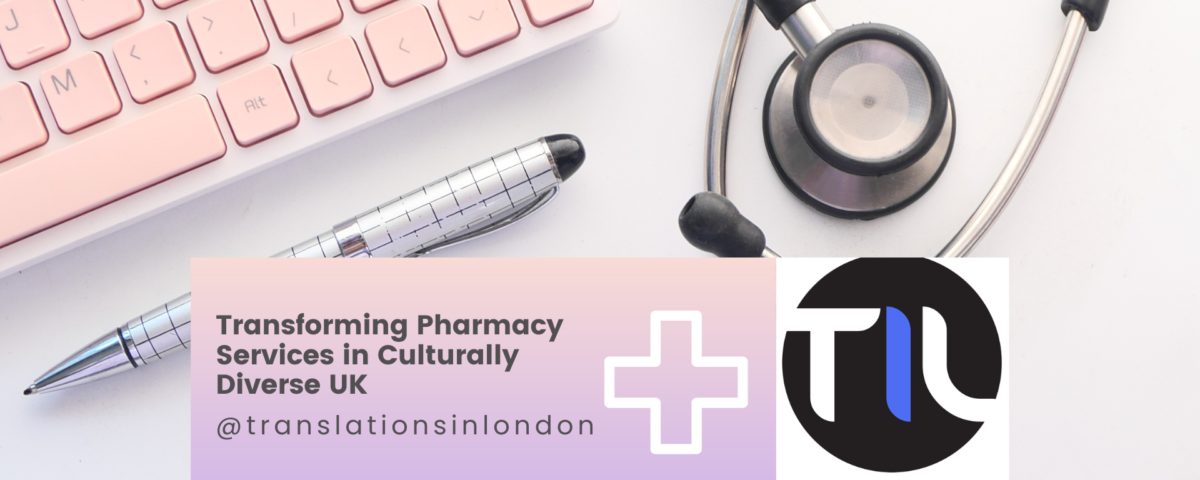In the vibrant tapestry of a culturally diverse UK, the winds of change beckon the life sciences field, imploring it to rise above challenges and seize opportunities to ensure the provision of truly equitable healthcare services. Among the pressing concerns faced by the pharmacy domain, the insurmountable language barriers loom large, hampering effective communication and jeopardizing patient care. A profound realization dawns upon us – to evolve and cater to the ever-growing diversity of our population, we must address this challenge head-on. In this compelling exploration, we delve into the profound impact of language barriers on patient care and take cues from the enlightening article “Pharmacy is Failing Patients with Language Barriers — We Must Do Better,” (https://pharmaceutical-journal.com/article/opinion/pharmacy-is-failing-patients-with-language-barriers-we-must-do-better) to chart a transformative path toward an inclusive healthcare system that celebrates linguistic diversity.
Challenges in Accessibility:
An internal survey conducted by the NHS has revealed the existence of inconsistent access to interpretation services in primary care. Within the critical points of care, community pharmacy professionals often face limited availability of language barrier services. As a result, healthcare providers may resort to non-validated methods, such as relying on tools like Google Translate, inadvertently posing potential risks to patient safety. This unsettling reality underscores the urgent need for action to bridge the communication gaps that language barriers create.
Impact on Healthcare Professionals:
The ramifications of inadequate training and support in addressing language barriers extend beyond patients; they impact healthcare professionals as well. Navigating communication challenges can lead to anxiety and frustration, engendering adverse effects on workforce mental health and contributing to retention issues. The well-being of healthcare providers is intrinsically tied to the quality of care they deliver, and language barriers hinder their ability to fulfill their roles with confidence and empathy.
Urgent Action Required:
To dismantle the barriers that hinder effective communication in healthcare, resolute action must be taken by commissioners and pharmacy employers. Prioritizing resources for language barrier services and investing in quality-assured, centrally-shared language assistance solutions is of paramount importance. These proactive measures ensure that every patient receives the care they need, regardless of their linguistic background. By embracing language diversity, we strengthen the foundation of our healthcare system, fostering a patient-centric approach that is both accessible and equitable.
Conclusion:
Inclusivity lies at the heart of a progressive and evolving healthcare system, especially within a culturally diverse society. The significance of addressing language barriers in the life sciences field, particularly pharmacy, cannot be overstated. By optimizing language barrier services and fostering collaboration across the NHS and healthcare institutions, we can usher in a future where communication gaps are bridged, and patients of all backgrounds receive the healthcare they deserve. Let us march forward with purpose, emboldened by the vision of an inclusive, patient-centred, and accessible future for healthcare in the UK. Only then can we truly celebrate the richness of linguistic diversity and elevate the standard of care for all.


